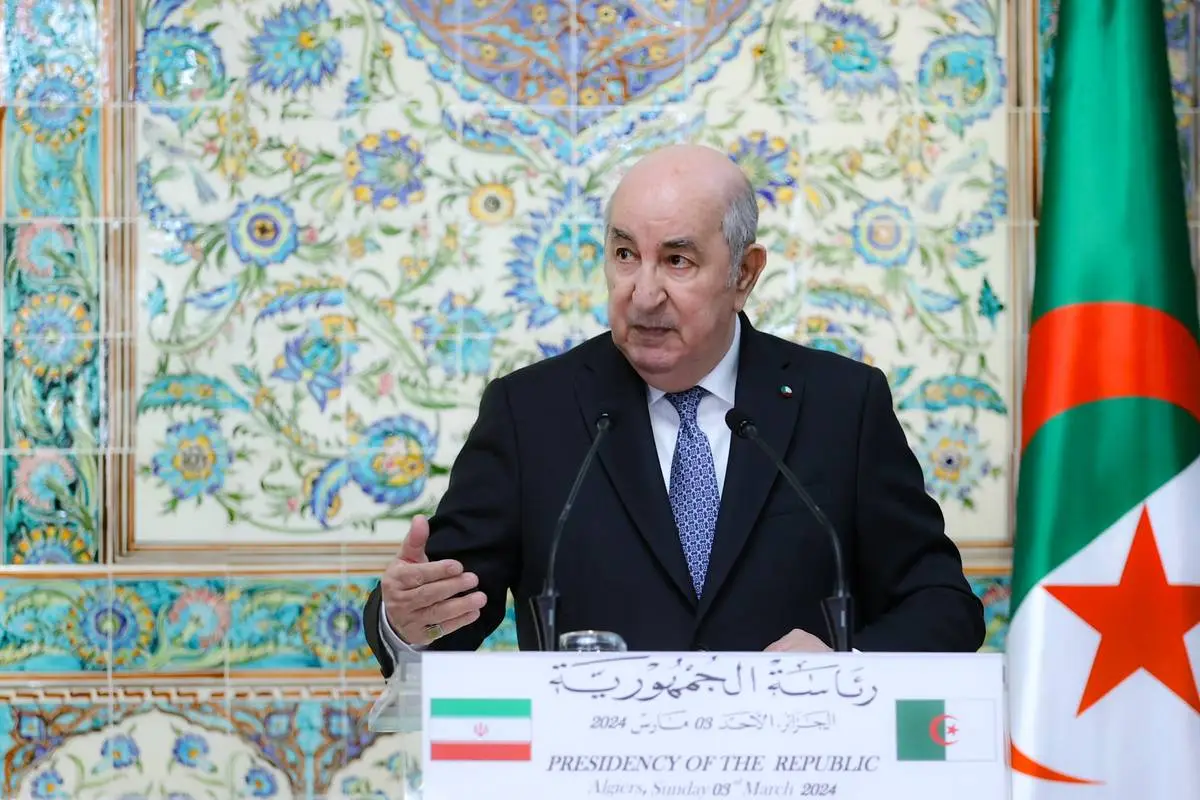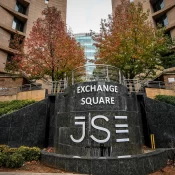
The president of Algeria is preparing for the election on Saturday with minimal opposition
The president of Algeria, who has the support of the military, is expected to win five more years in office on Saturday if no major opponents challenge him. This is because he has spent more money on social benefits because to increased gas profits.
The two contenders facing President Abdulmadjid Tebboune are a moderate Islamist and a member of the secular opposition, respectively. Neither candidate poses a major challenge to the military establishment, which is generally seen to have dominated politics since the 1960s.
If Tebboune wins, Algeria will probably stick to its policy of boosting energy exports and implementing some pro-business changes while maintaining generous subsidies and tightly controlling domestic dissension.
Many Algerians, nevertheless, will be observing to see if the country’s voter turnout surpasses the 40% recorded in the 2019 election, which took place in the midst of the widespread ‘Hirak’ protests that ousted Tebboune’s predecessor, Abdulaziz Bouteflika.
Approximately two million Algerians received the 15,000 dinars ($113) per month unemployment benefit Tebboune provided. Naima Belgacem, who lives in Lakhdaria, east of Algiers, said she will vote in the election.
Although it’s not a lot of money, it’s still good money. It takes care of my phone bills and other stuff,” Belgacem remarked.
Although the unemployment rate in Algeria decreased to 12.25% last year from above 14% during the COVID pandemic in 2020, many young Algerians, including Belgacem, are still looking for work, and Tebboune has pledged to increase benefits and generate 500,000 new jobs.
Belgacem, who graduated from an Algiers business school, said that despite her frequent bus trips into the capital, she is still unable to find employment.
THE STATE’S SOCIAL HOUSING SPENDS
To encourage private sector growth that may lead to job creation, the International Monetary Fund applauded Algeria’s efforts in March to diversify the country’s economy away from oil and gas.
But the fund cautioned that heavy expenditure and huge government deficits could leave public finances open to shocks from the economy.
In Algiers, new social housing apartment buildings have sprung up all over the outskirts of the capital, creating new districts that have been decorated with election posters for the previous few weeks. This is evidence of the spending.
There’s a clear difference from Algeria’s most recent election in 2019. After 20 years in government, President Bouteflika’s health had deteriorated to the point where she was frequently unable to attend official events.
Government spending on housing and other benefits was drastically reduced as a result of the 2014 low energy prices that completely destroyed state finances.
Hundreds of thousands of people turned out for the 2019 mass protests, calling for the overthrow of the political establishment and an end to corruption.
Despite the fact that the COVID pandemic closed the streets and several protest organizers were arrested, demonstrations continued after Bouteflika left office, claiming that the goals of the Hirak movement had not been achieved. As a result, the rallies came to a stop.
Rights organization Amnesty International claimed this week that in the run-up to the election, Algerian authorities have employed crackdowns on opponents and new laws aimed at dissent.
8 a.m. (0700 GMT) is when polls open, and they shut at 7 p.m. (1800 GMT).
All Categories
Recent Posts
Tags
+13162306000
zoneyetu@yahoo.com


